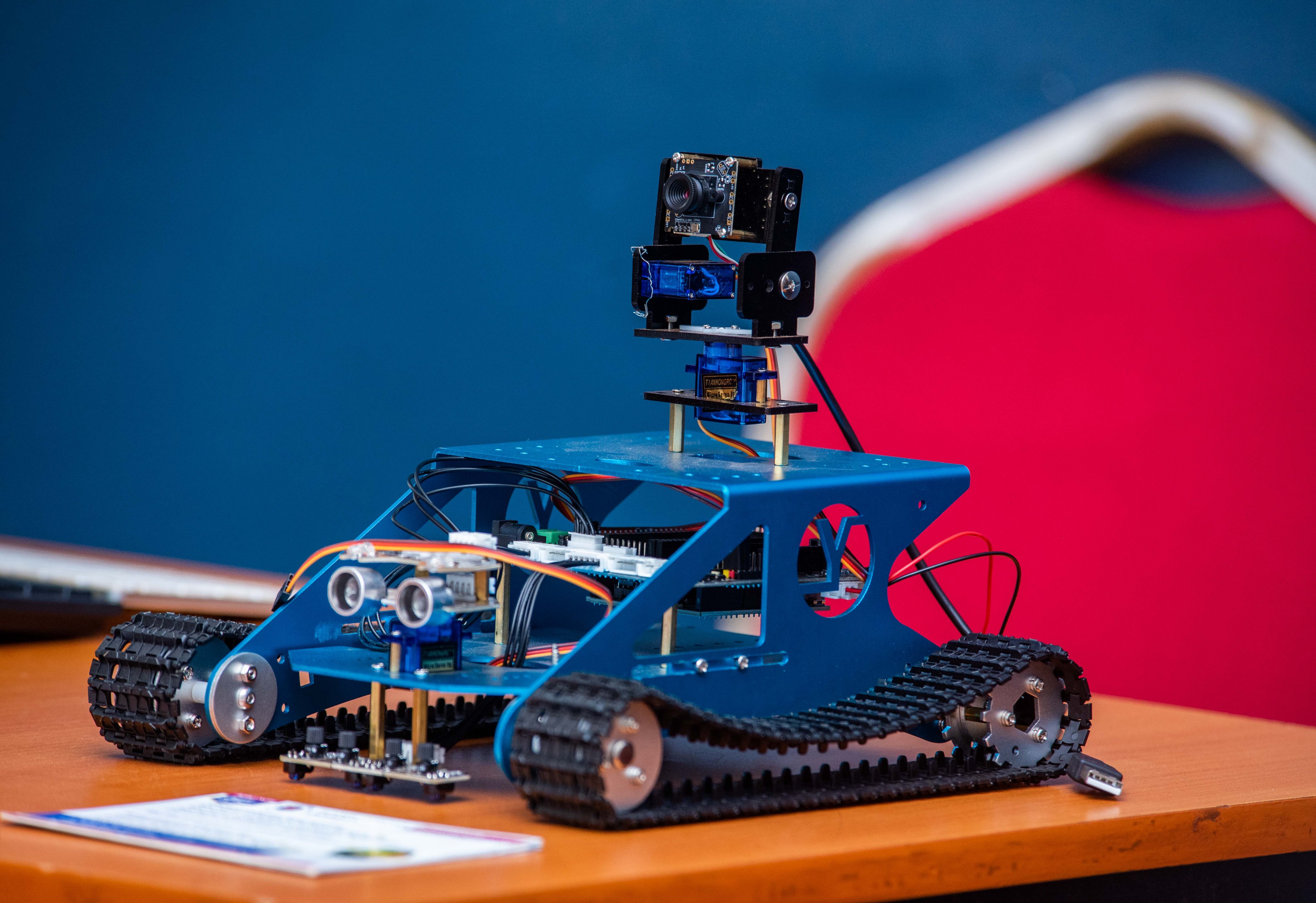By Mercy Mukhaye
Table of Contents
Uganda Christian University (UCU) Kampala Campus witnessed an exciting event today, March 7, 2023, as the 25th Guild Government officials were officially sworn in. The long-awaited ceremony was graced by the University Vice-Chancellor, Assoc. Prof. Aaron Mushengyezi, who urged the newly elected guild officials to be solution-givers and transformative leaders in the country.
Guild Petitions
The elections were initially held on November 22, 2022, but a petition filed by Martha Nachirwanda delayed the ceremony. The petition was the result of her dissatisfaction with the election results in which Zedekia Ssekyonda emerged as the winner. However, a re-election was held last week on Friday, and Zeddekia still emerged as the winner.

The new Guild President, Zedekia Ssekyonda, expressed his relief, saying, “This has been a long-awaited day even with the petitions, but this is a big relief to me.” Lillian Nabaasa Tumwine, the MP Law Day, also expressed her gratitude and belief that more opportunities would come her way because leadership comes from God.

The University Vice-Chancellor commended the guild government for exemplifying Christian leadership by working with the university administration to facilitate a peaceful transition of power from the previous guild government to the newly elected officials. It is hoped that the newly elected officials will uphold the values and traditions of the university while working towards achieving their goals.
The newly elected Guild officials have promised to work tirelessly to serve the students to the best of their abilities. They have also vowed to work towards improving the welfare of the students while ensuring that the university maintains its reputation for excellence.
UCU Guild: A model system
UCU is a model institution of higher learning in Uganda, as far as peaceful students’ guild elections are concerned. The university boasts of a clean sheet of no-election violence ever since its inception in 1997. This swearing-in ceremony is yet another testimony.
The students and staff alike are excited about the future and look forward to the positive changes that the new guild government will bring.
E-voting
At Uganda Christian University (UCU), students now have the convenience of voting using an electronic voting platform called eChagua. This e-voting system has made the voting process for students more convenient and easy. With eChagua, students can cast their votes from anywhere, anytime, as long as they have an internet connection.
The use of eChagua has eliminated the need for physical ballot papers and the hassle of queuing up to cast a vote. It has also reduced the likelihood of errors and fraud associated with traditional voting methods. By using eChagua, UCU has demonstrated its commitment to leveraging technology to improve the overall voting experience for students.



















 UCU team visiting KTN Factory, one of the industry partners with HNU.
UCU team visiting KTN Factory, one of the industry partners with HNU.


You must be logged in to post a comment.